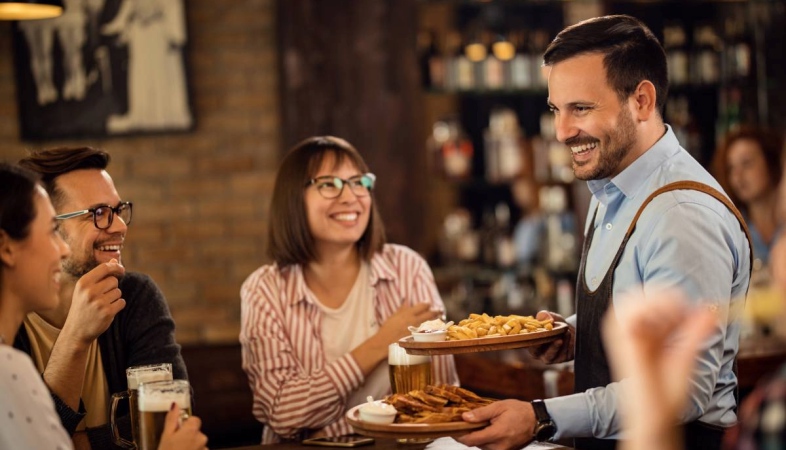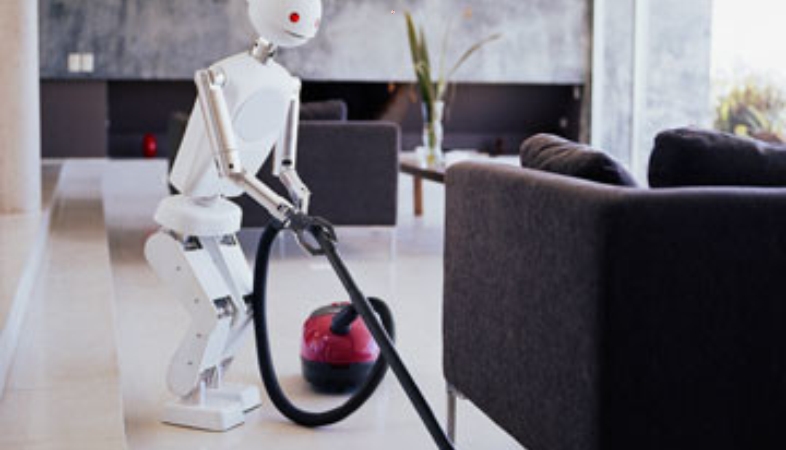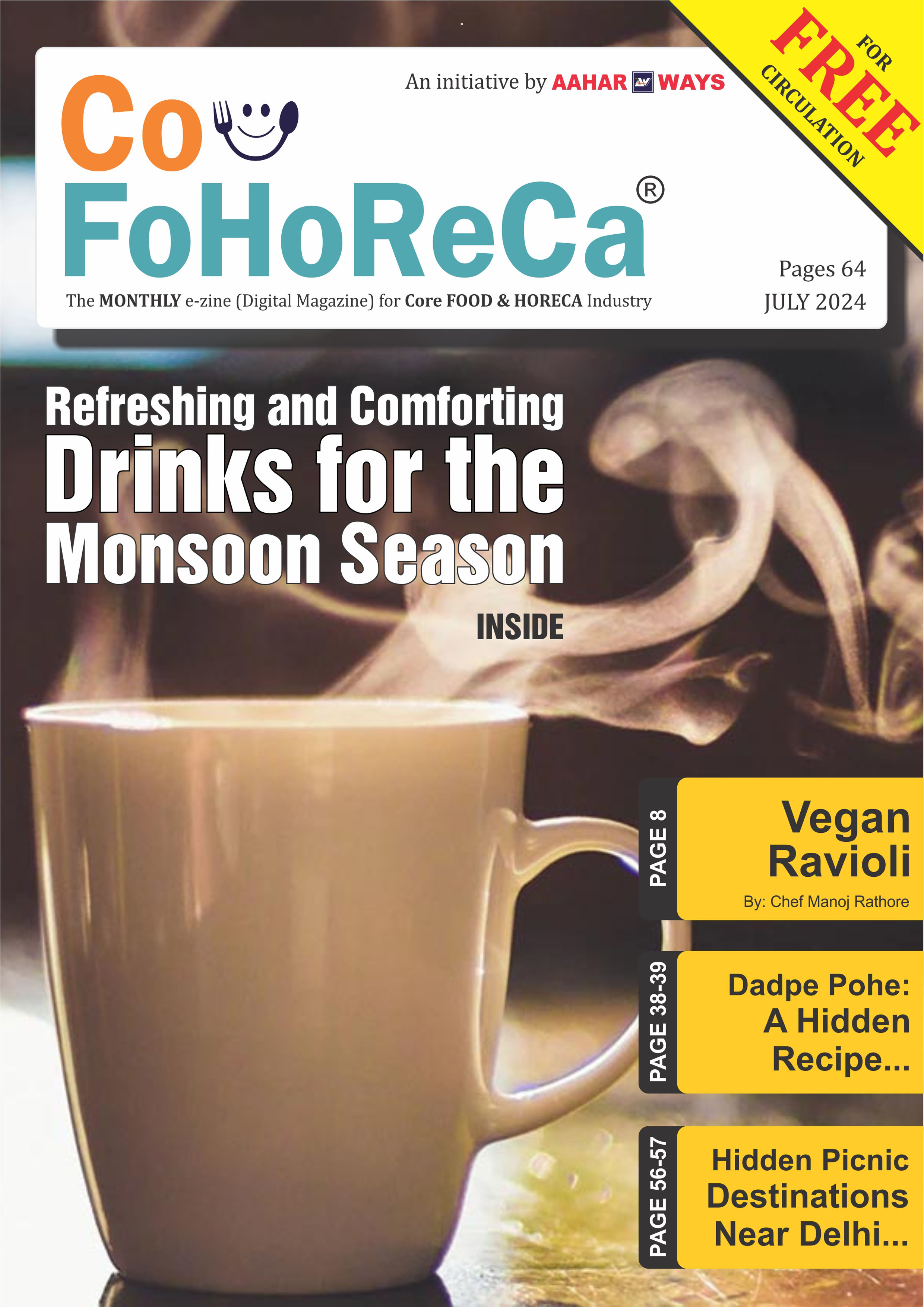Health and Safety Measures: Implementing Stringent Protocols to Ensure Guest and Staff Well-being
Implementing stringent health and safety measures is critical for restaurants, hotels, and similar establishments to protect the well-being of guests and staff and prevent the spread of infectious diseases.

Implementing stringent health and safety measures is crucial
for restaurants, hotels, and similar establishments to ensure the well-being of
both guests and staff. Here are some key strategies for implementing such
protocols:
1. Staff Training and Education: Proper training and education are essential for ensuring that all staff members understand and adhere to health and safety protocols. This includes training on topics such as proper hand hygiene, food handling procedures, sanitation protocols, and the use of personal protective equipment (PPE). Regular updates and refresher courses should be provided to keep staff informed about the latest guidelines and recommendations from health authorities.
2. Enhanced Cleaning and Sanitization: Restaurants and hotels should implement enhanced cleaning and sanitization protocols to minimize the risk of contamination and transmission of pathogens. This includes regularly disinfecting high-touch surfaces such as tables, chairs, door handles, and restroom facilities, as well as maintaining clean and sanitary kitchen and food preparation areas. Additionally, hand sanitizing stations should be readily available for both staff and guests, and frequent hand washing should be encouraged.
3. Physical Distancing Measures: Physical distancing measures should be implemented to reduce crowding and minimize close contact between individuals. This may include rearranging seating layouts in dining areas and common spaces to ensure adequate spacing between tables and chairs, limiting the number of guests allowed in indoor spaces, and establishing designated pathways to manage the flow of traffic. Restaurants and hotels should also consider offering alternative dining options such as outdoor seating or takeout and delivery services to accommodate physical distancing guidelines.
4. Screening and Health Checks: Restaurants and hotels should implement screening and health check protocols to identify individuals who may be experiencing symptoms of illness or have been exposed to infectious diseases. This may involve conducting temperature checks upon entry to the establishment, asking guests and staff to complete health questionnaires or self-assessments, and encouraging anyone experiencing symptoms to stay home and seek medical attention.
5. Personal Protective Equipment (PPE): Staff members should be provided with appropriate personal protective equipment (PPE) such as face masks, gloves, and face shields to reduce the risk of transmission of respiratory droplets and other contaminants. Restaurants and hotels should ensure that PPE is worn properly and replaced regularly to maintain effectiveness. Guests may also be encouraged to wear face masks in indoor public spaces where physical distancing may be challenging.
6. Food Safety Practices: Restaurants and hotels should adhere to strict food safety practices to prevent foodborne illnesses and ensure the safety of the food they serve. This includes proper temperature control during food storage, preparation, and service, as well as frequent monitoring of food temperatures to ensure compliance with food safety regulations. Additionally, establishments should implement measures to prevent cross-contamination, such as using separate utensils and equipment for handling raw and cooked foods.
7. Communication and Transparency: Clear communication and transparency are essential for ensuring that guests are informed about the health and safety measures in place and feel confident in dining or staying at the establishment. Restaurants and hotels should proactively communicate with guests about the steps they are taking to prioritize health and safety, including signage, announcements, and informational materials outlining protocols and expectations. Open lines of communication should also be maintained to address any questions or concerns from guests.
Implementing stringent health and safety measures is critical for restaurants, hotels, and similar establishments to protect the well-being of guests and staff and prevent the spread of infectious diseases. By prioritizing staff training and education, enhancing cleaning and sanitization protocols, implementing physical distancing measures, conducting screening and health checks, providing appropriate PPE, adhering to food safety practices, and maintaining clear communication and transparency with guests, establishments can create a safe and welcoming environment for patrons while mitigating the risk of illness transmission.
.png)




























